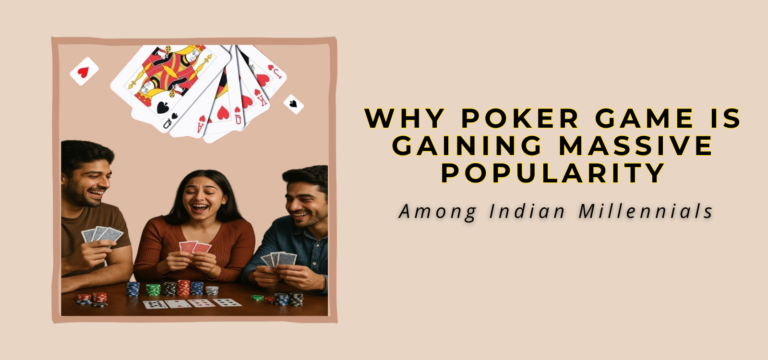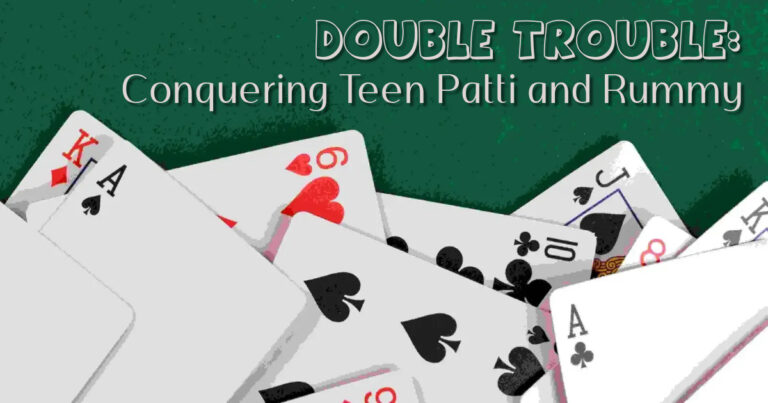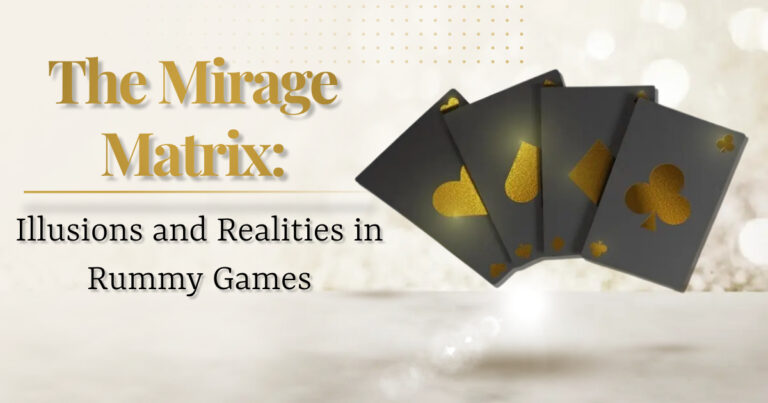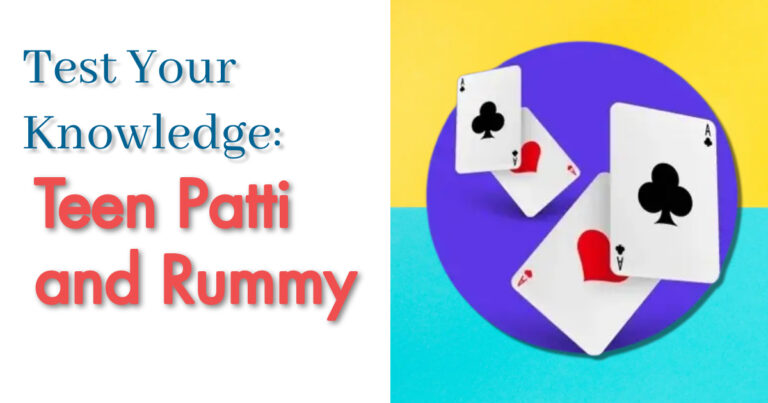Explore the cultural diversity of Rummy games in India
India, renowned for its best rummy and kaleidoscope of cultures and traditions, has always been a melting pot of diversity. This diversity extends beyond language, cuisine, and attire, reaching into the realm of recreational activities. One such activity that showcases the cultural vibrancy of the nation is the game of Rummy. Beyond being a mere card game, Rummy holds a special place in the hearts of Indians, evolving differently in various regions and communities. In this article, we embark on a journey to explore the cultural nuances that shape the diverse landscape of best Rummy games across India.

The Roots of Best Rummy
Rummy, believed to have originated in the United States in the early 20th century, found its way to India during the British colonial period. However, it wasn’t until the mid-20th century that best Rummy truly embedded itself in the Indian gaming culture. Since then, the game of teen patti has undergone numerous transformations, adapting to the distinctive cultural flavors of different states.
The South Indian Connection
In South India, best Rummy is more than just a card game; it’s a cultural phenomenon. Known for its vibrant silk sarees, classical music, and traditional dance forms, the southern states have infused Rummy with their own unique charm. The game here is often a social activity, played during family gatherings and festivals. The distinctive feature is the prevalence of 13-card Rummy, a variation that requires a different skill set compared to other versions.
The Deccan Influence
Moving towards the Deccan plateau, the game takes on a more strategic and competitive edge. In states like Maharashtra and Karnataka, the emphasis is on skill and calculation. Points-based variations like Indian Rummy and Gin Rummy are popular, with players engaging in intense matches that not only test their card skills but also their ability to outsmart opponents.
The North Indian Flavor
In the northern regions of India, the game of best Rummy reflects the grandeur of the Mughal era. Here, Rummy is often played in royal settings, bringing an air of sophistication to the table. While 21-card Rummy is a common variant, players in the north also enjoy the exhilarating Indian version of Rummy, known for its fast-paced and unpredictable nature.
East Meets Cards
As we venture into the eastern part of the country, we discover yet another facet of best Rummy. In West Bengal and Odisha, Rummy is a celebrated pastime during the festive seasons. The game becomes a bonding activity, fostering a sense of camaraderie among friends and family. The distinct preference for 10-card Rummy and the unique way of counting points showcase the regional preferences that make Rummy truly diverse.

Unity in Diversity
Despite these regional variations, what unites Rummy players across India is the spirit of competition and the joy of socializing. The game transcends linguistic barriers, bringing people together from different walks of life. In a country where diversity is celebrated, Best Rummy becomes a common ground for cultural exchange and understanding.
The Digital Revolution
In recent years, the advent of technology has brought about a revolution in the way Rummy is played. Online Rummy platforms have made the game accessible to a wider audience, breaking down geographical barriers and facilitating cross-cultural interactions. Players from different states now engage in friendly matches, exchanging not only cards but also cultural anecdotes, creating a virtual melting pot of traditions.
Challenges and Controversies
While Rummy continues to thrive, it is not without its share of challenges. Legal debates surrounding the game’s classification and concerns about its addictive nature have led to regulatory scrutiny in some states. Striking a balance between preserving cultural heritage and addressing contemporary concerns remains a delicate task for both enthusiasts and policymakers.
Conclusion
In the tapestry of Indian culture, Best Rummy emerges as a thread that binds the nation together while simultaneously reflecting its rich diversity. The game’s evolution across regions, its fusion with local traditions, and its adaptation to modern technology highlight the resilience and adaptability of this timeless pastime. As India marches into the future, Rummy stands as a testament to the unity found in diversity, a cultural bridge that connects hearts and minds across the vast landscape of this extraordinary nation.








